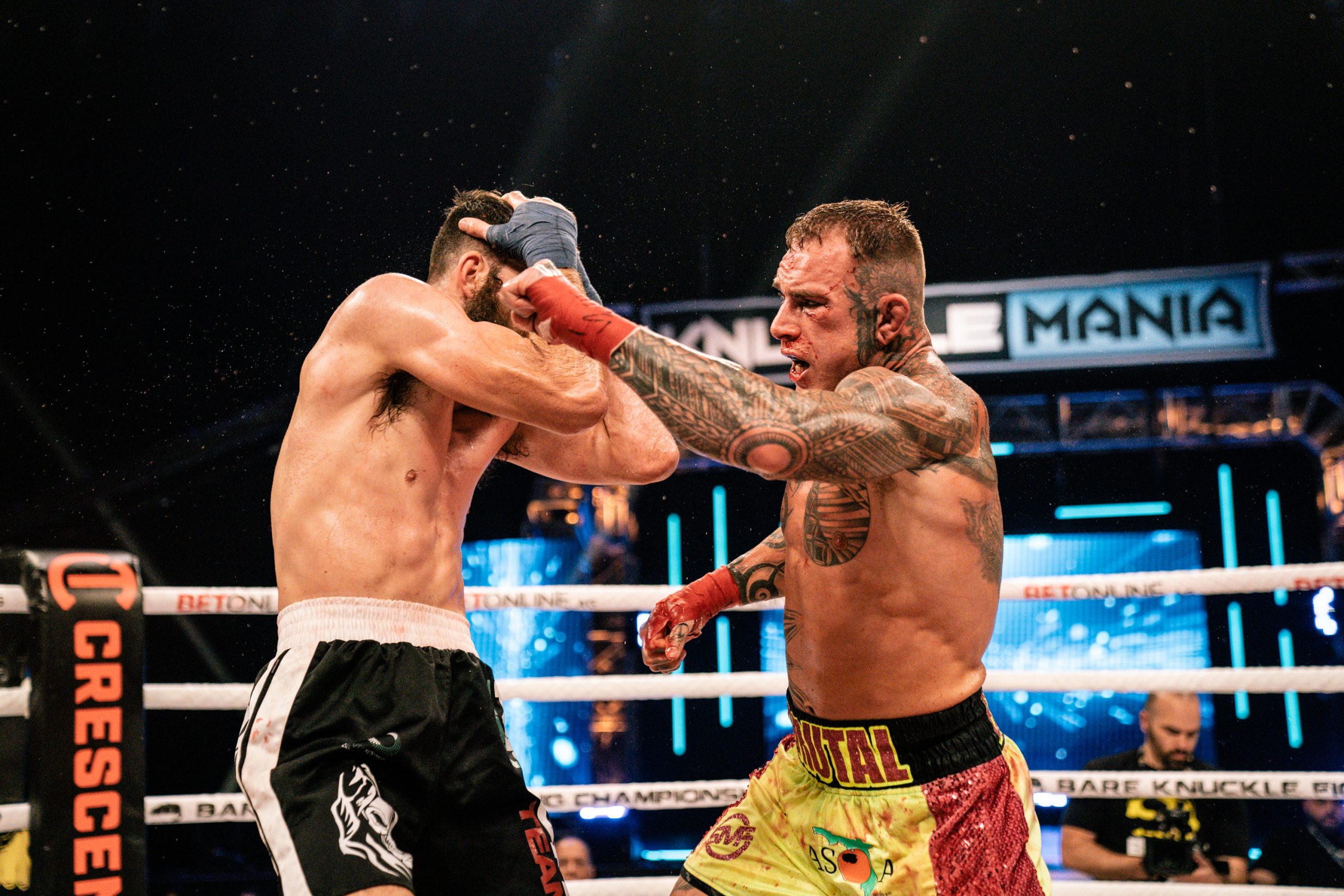Combat sports are a game changer when it comes to endurance. Endurance athletes aren’t just trying to get through the fight; they’re trying to win the battle until the final seconds. Endurance is the backbone of successful performance, from powerful strikes to agile movements. Without it, the most talented of fighters often lose their edge.
Why Endurance Matters in Combat Sports
Endurance in combat sports is not about how long you last. It’s how well you perform for as long as you last. Regardless of whether it’s boxing, MMA, or wrestling, athletes are forced to the limits of their bodies and minds. It takes a powerful cardiovascular system and muscular endurance to be able to hold the power, speed, and precision through every one of those rounds.
Less of this also means less reaction time, measurably weaker punches, and less skilled hands. As we advance through the later rounds, we start getting tired, and things get clouded: our judgment is clouded, and so are our tactics. That’s why elite athletes spend a lot of time on endurance training, doing specific exercises to develop both aerobic and anaerobic capacity.
To improve endurance, fighters often focus on:
- Interval Training: Short periods of high intensity activities, then rest periods. It trains the body to get better faster.
- Long-Distance Runs: For better health of the cardiovascular system and greater endurance during longer periods of time.
- Plyometrics: It consists of explosive movement exercises for power endurance needed for punches and quickness of the feet.
There are also important roles in nutrition. For prolonged training sessions, a balanced diet of carbohydrates for energy, lean protein for muscle repair, and healthy fats likely supports your diet. Maintaining peak fitness levels depends on proper hydration and the use of supplements for recovery. Hgh for sale is something athletes might want to take in order to support their training and recovery processes. Still, before you delve into this, it’s important to consult a medical professional for safety and appropriateness.
Key Strategies to Maintain Strength Throughout the Fight
Stability, strength, and stamina are called for in combat sports. Here are some strategies that help fighters maintain power until the last round:
- Integrate Functional Strength Training
Losing strength doesn’t mean you have to give up on training for endurance. Functional strength exercises that mirror ring movements should be done by fighters. This includes:
- Medicine Ball Slams for explosive power.
- Kettlebell Swings for overall conditioning.
- Battle Ropes to improve upper-body endurance and grip strength.
- Focus on Recovery to Avoid Overtraining
If you over train, you can end up being burnt out and injured. Fighters should schedule proper rest days and integrate recovery techniques like:
- Stretching and Mobility Drills to maintain flexibility.
- Foam Rolling for muscle recovery.
- Ice Baths and Saunas to reduce inflammation and speed up recovery.
Natural adaptogens and amino acids work as recovery supplements to recover muscles faster so athletes can be pushing hard in the next training session.
- Implement Tactical Breathing Techniques
Breathing is often overlooked, but it’s important for endurance. Diaphragmatic breathing techniques help fighters keep their heart rate level, and reduce anxiety on high pressure moments. Optimizing the intake of oxygen allows athletes to save energy and strike more efficiently.
The Psychological Edge of Endurance in Combat Sports
Endurance is not just a physical game; it’s a mental game. In a match, it comes down to how much a fighter can take—fatigue, pain, and pressure. That mental toughness helps athletes to feel that they can suffer through the discomfort of exhaustion and continue to stay in that strategy. As rounds go on and fatigue kicks in, it’s so easy to lose concentration, but those with solid mental endurance keep their focus and adaptability. It can be the difference between winning and losing — this psychological resilience.
Top fighters regularly use visualization, mindfulness, and meditation to help them train their mental game. A solid mindset can keep a fighter from losing technique and confidence when physical energy is draining during the most grueling moments of a fight. The mental preparation with strategic endurance training guarantees your fighters can hit the peak each time they hit the ring until the very last second.
Common Endurance Mistakes in Combat Sports
Even the most devoted fighters can skip endurance training. Avoiding these common mistakes is key to ensuring optimal performance:
- Neglecting Recovery: Without giving the body enough time to recover from overtraining, you get fatigued and injured, which can prevent endurance in the long run.
- Focusing Only on Cardio: Cardiovascular endurance is obviously an important part of any fighter’s training; however, strength and power training, like explosiveness in the most critical moments, can be overlooked.
- Skipping Nutrition: Endurance efforts can be sabotaged by poor diet choices. Fighters can suffer from energy crashes when hard training or in the middle of a fight without proper fuel.
- Ignoring Mental Endurance: Of course, physical stamina is important, but without mental toughness, it’s easy to have a mind drifting off and to lose your focus and composure in the toughest of fights.
Building Endurance for Combat Success
Combat sports are built on endurance. It’s not just about staying in longer; it’s about how long you can perform at your peak until the final bell. The building blocks to be a successful player are born out of hard physical training, mental toughness, right eating, and recovery strategies. Endurance fighters can maintain strength, speed, and focus and gain an edge over their opponents. In the ring, every second counts, and it’s the ones who have trained for the long haul that win. To build true endurance, you have to be dedicated, plan smart, and commit to working harder.

